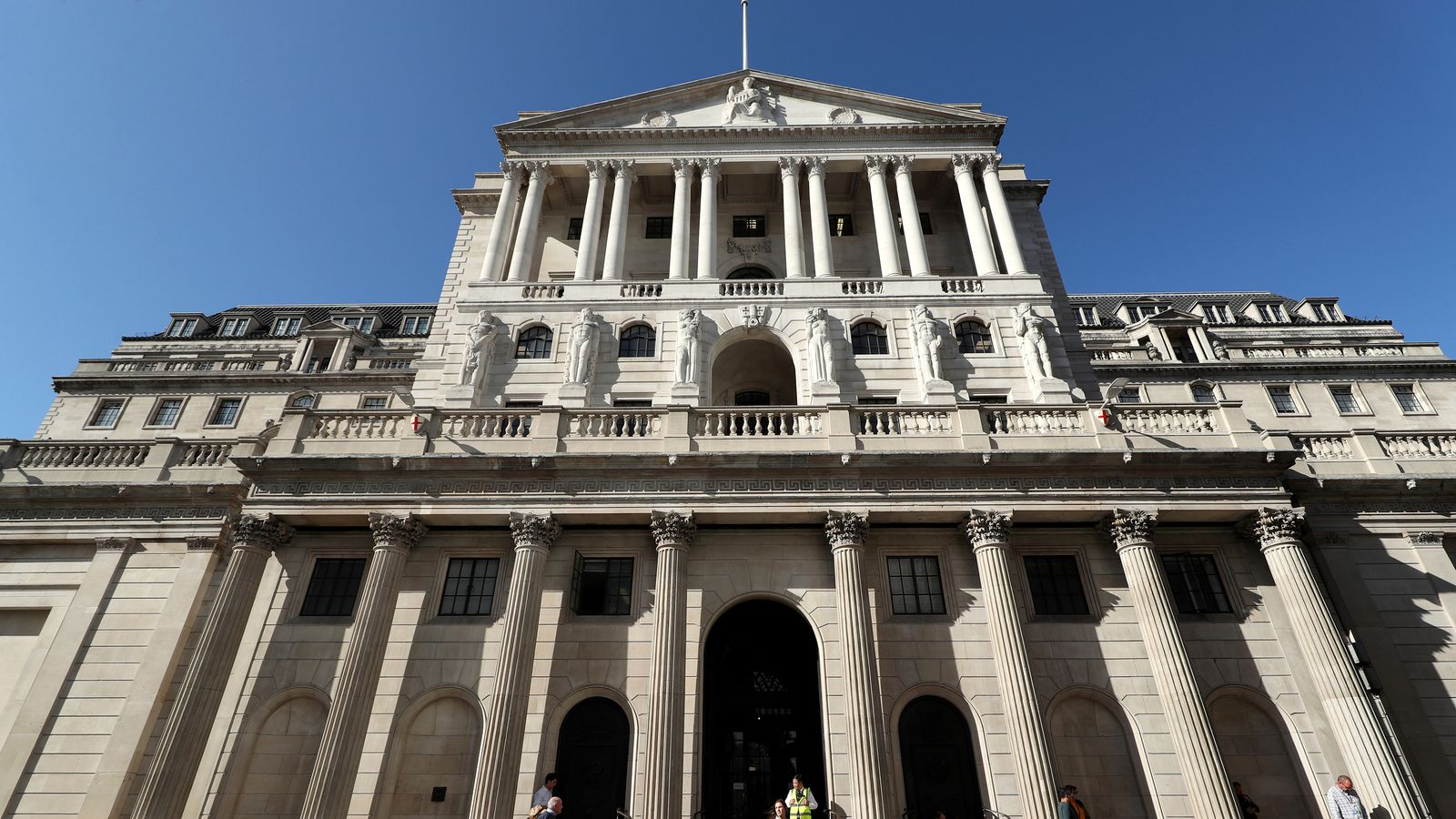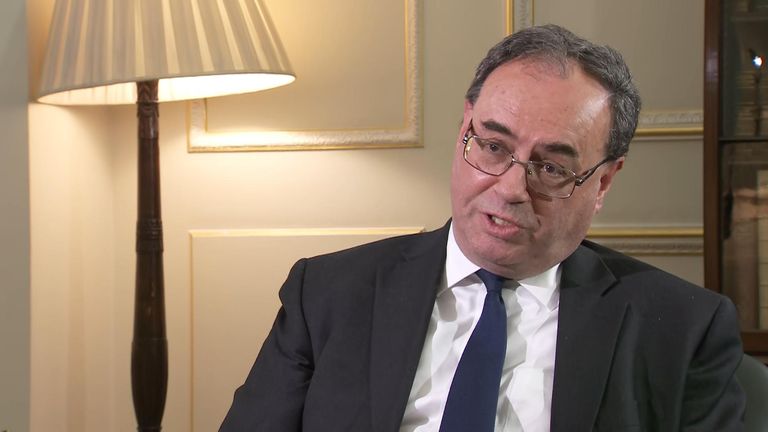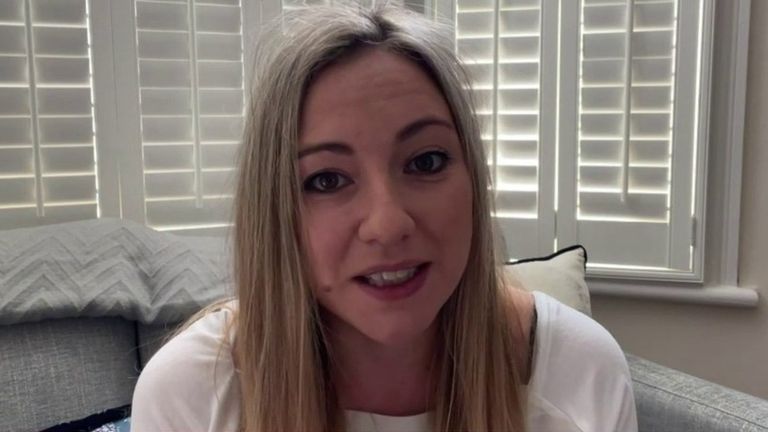The Bank of England has raised its expectations for inflation but reiterated its view that the coronavirus crisis-linked spike in price rises of recent months does not represent a looming crisis for the economy.
Minutes of the latest meeting of the Bank’s monetary policy committee (MPC), which left interest rates unchanged at their COVID-19 pandemic low of 0.1%, showed expectations for GDP growth in the current second quarter had been revised higher by 1.5%.
But they also revealed that policymakers now expect the headline measure of inflation to exceed 3% “for a temporary period”.
It marked the Bank’s first official reaction to data released earlier this month that showed the consumer prices index (CPI) smashing through the Bank’s 2% target in May – months earlier than the MPC had forecast.
The surge in the annual rate of CPI has been led by the reopening of the economy since March with clothing, fuel and hospitality prices driving the charge.
It represents a distortion because the same month last year marked the start of the hibernation for activity as the first UK lockdown was imposed.
Another factor behind the inflation bubble has been shortages of raw materials.
A closely-watched survey of purchasing managers released on Wednesday showed one measure of inflation hitting a joint-record high.
It left economists and financial markets eagerly eyeing the Bank’s update for evidence of a shift in the MPC’s main view that the inflation spike is “transitory” – a consequence of the shift in demand compared to a year ago.
The minutes read: “Since May, developments in global GDP growth have been somewhat stronger than anticipated, particularly in advanced economies.
“Global price pressures have picked up further, reflecting strong demand for goods, rising commodity prices, supply-side constraints and transportation bottlenecks, and these have started to become apparent in consumer price inflation in some advanced economies.
“Financial market measures of inflation expectations suggest that the near-term strength in inflation is expected to be transitory.”
While it made no policy changes to combat inflation, such as raising rates or cutting its £895bn bond-buying plan, the Bank’s outgoing chief economist voted again to trim the bond-buying – also known as quantitative easing – by £50bn at his final MPC meeting.
Andy Haldane had warned in an opinion piece in the New Statesman earlier this month that inflation pressure had provided “the most dangerous moment for monetary policy” in almost 30 years.


